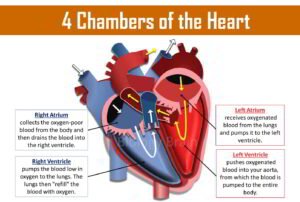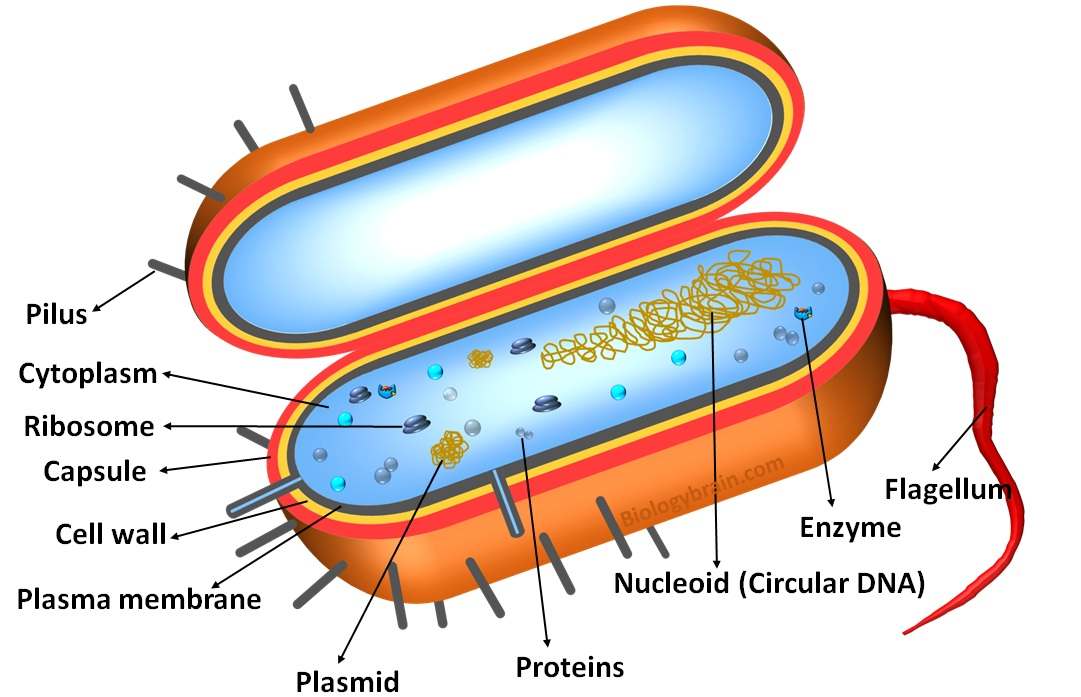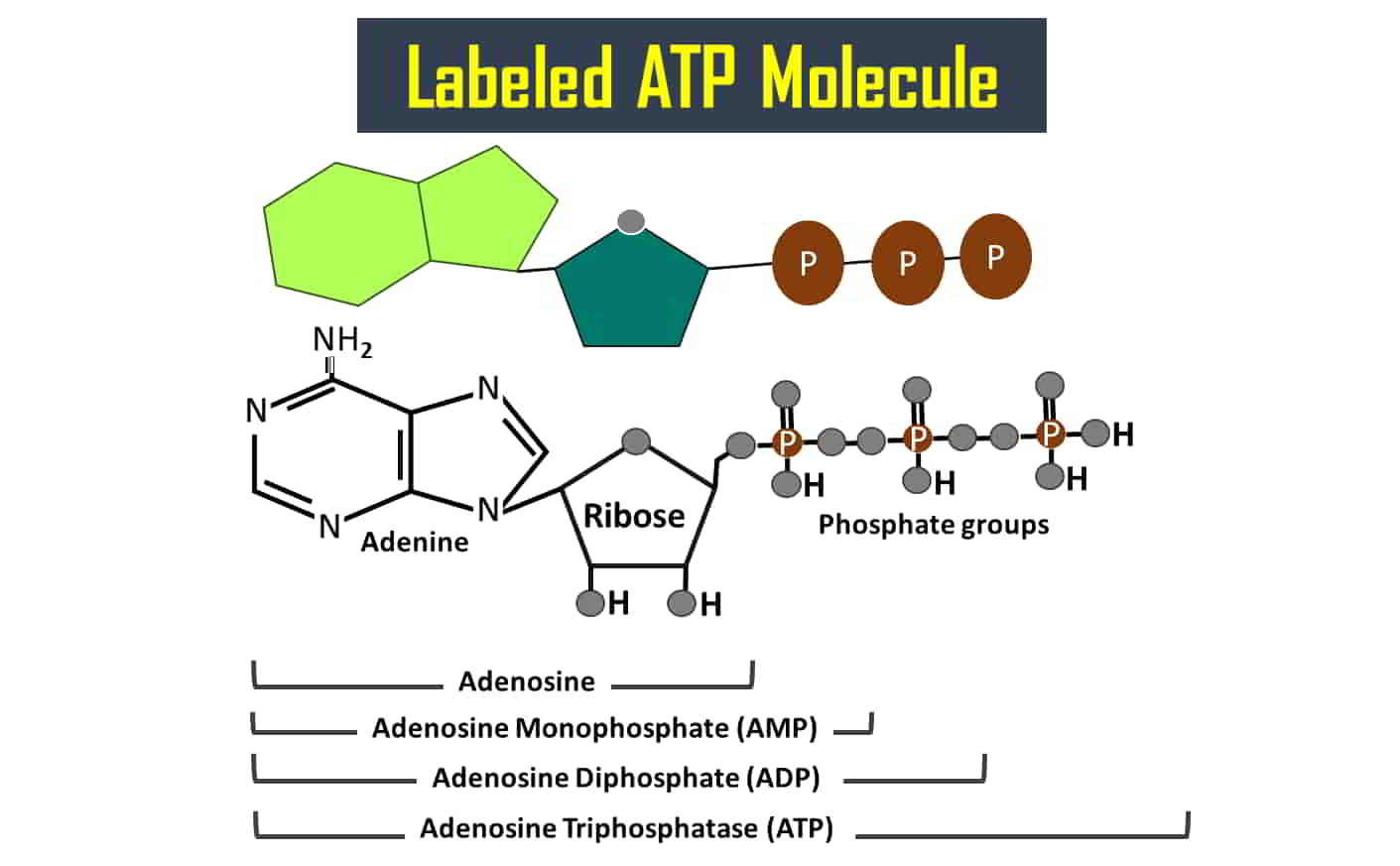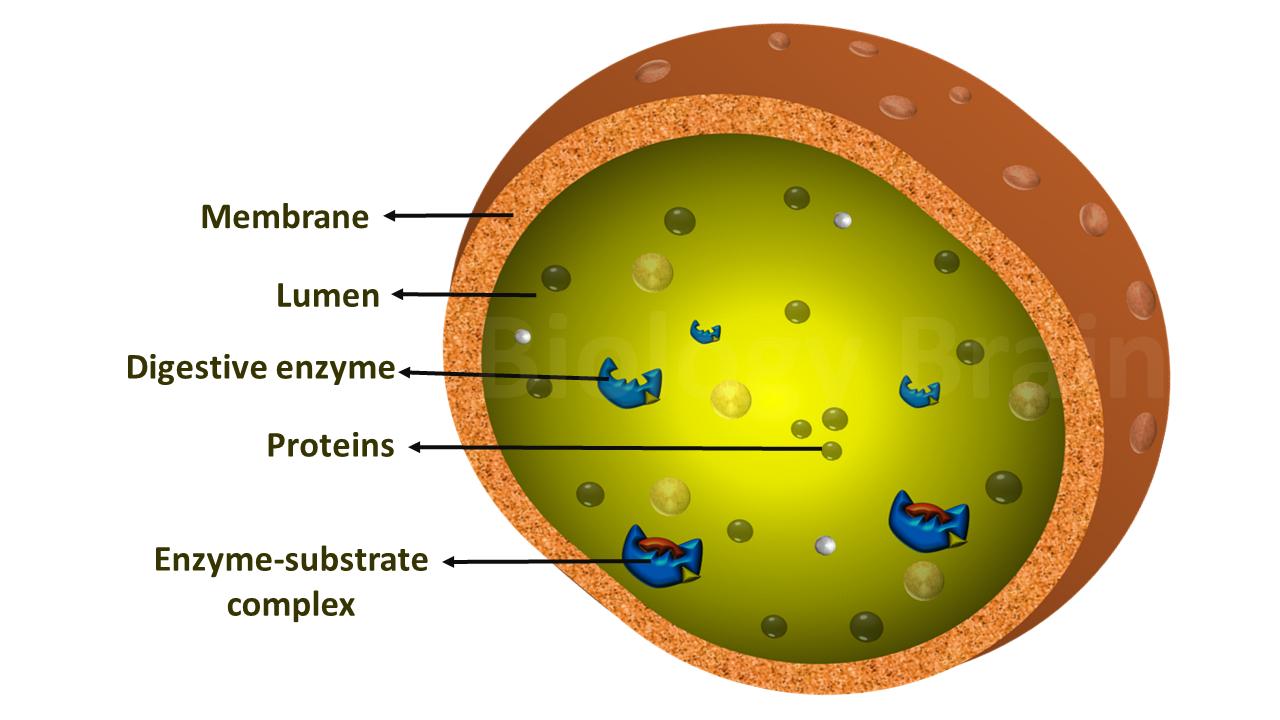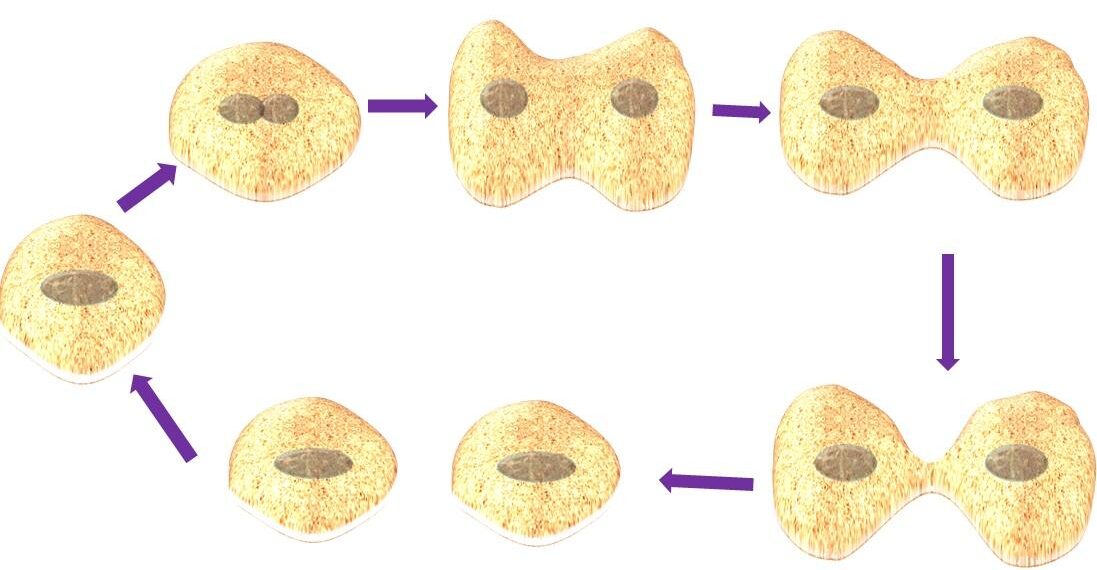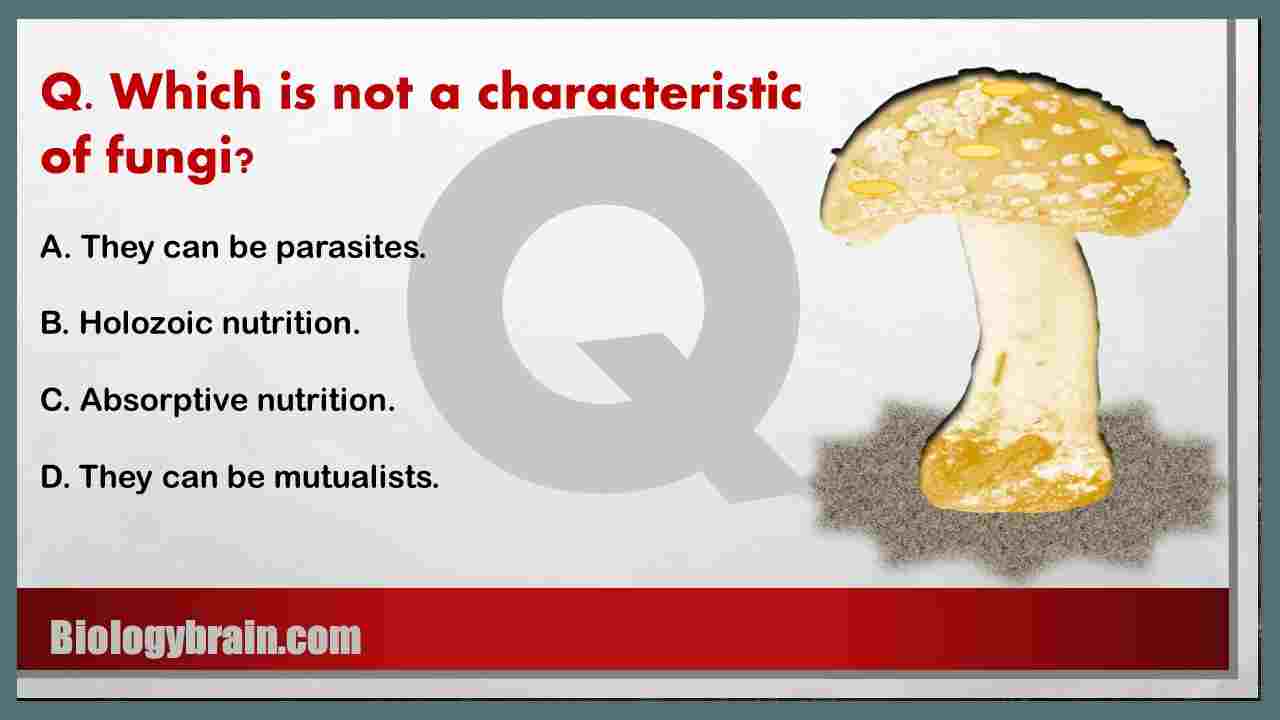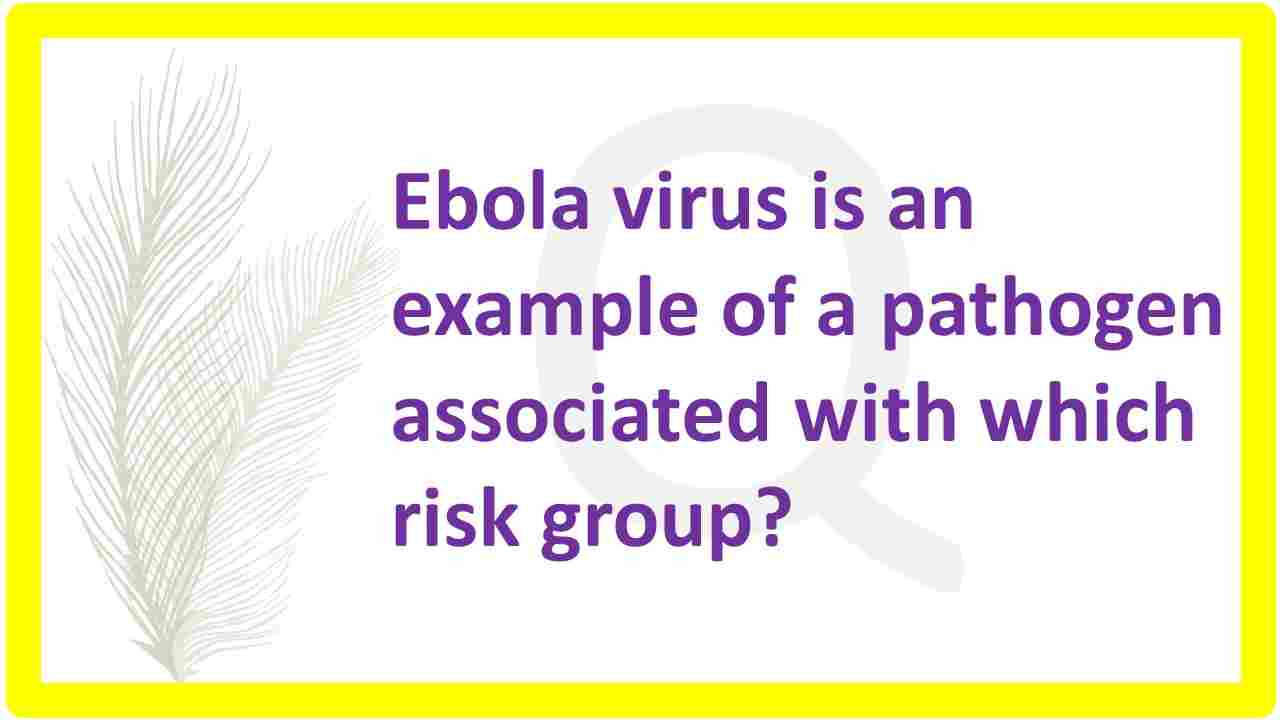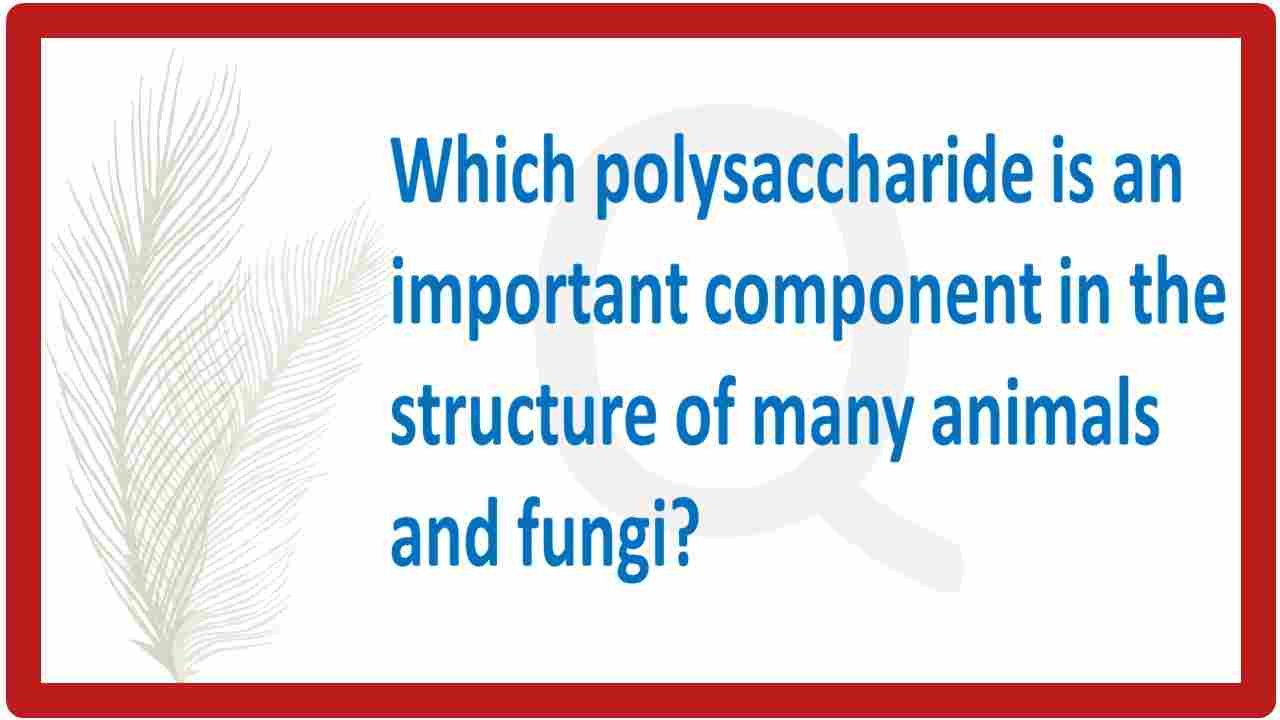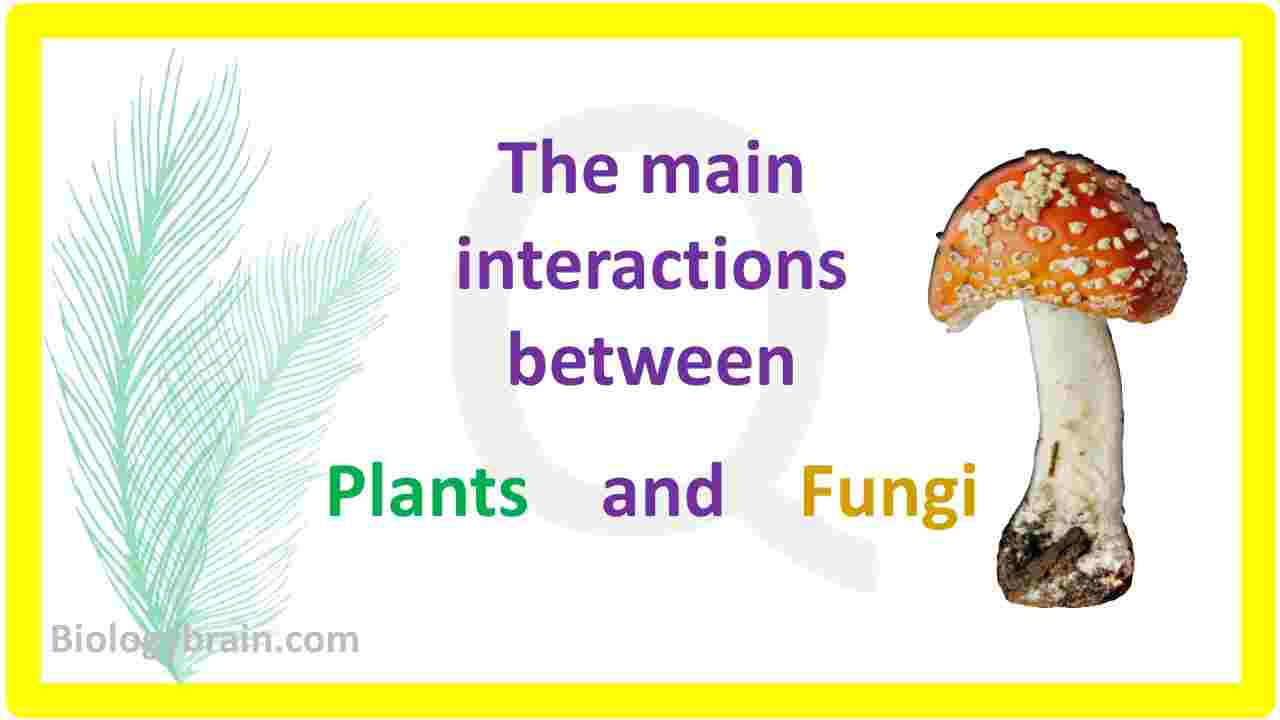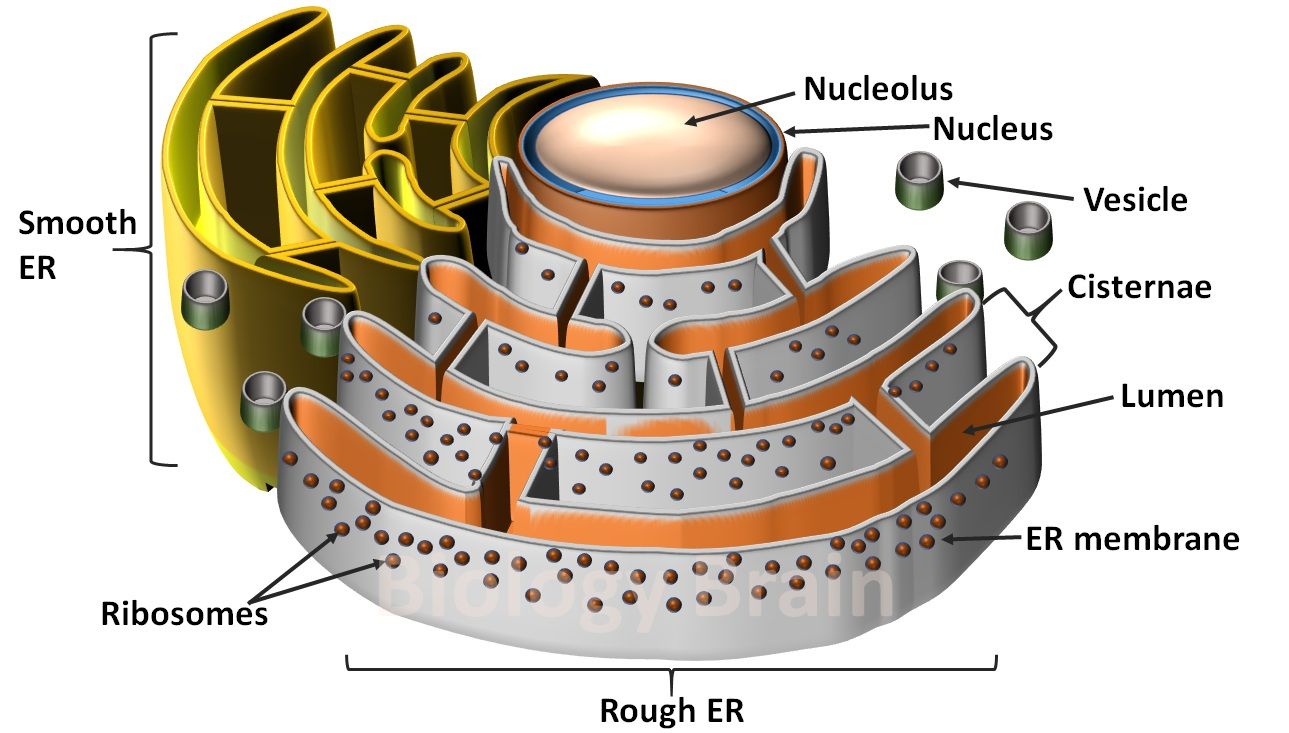Organism definition
An organism is a living thing that possesses various properties to help prolong life until its death. In other words, the organism is nothing but a living creature. They have been separated into different categories based on their genetic properties, cell number, structure, and reproduction.
Biologists have classified the organisms taxonomically, considering their shared characteristics. However, organisms can be separated into different forms based on their physical properties. The two most possible ways to separate the organisms have been described below.
Generalized classifications of organisms
1. Classification of organisms based on genome localization (nucleus)
Based on the nucleus, organisms have been separated into two groups.
2. Classification of organisms based on cell number
Organisms have been divided into three groups based on their cell number.
Frequently asked questions
1. What is an organism that can make its own food?
- Auxotroph
- Autotroph
- Heterotroph
- All of the above
Answer: Autotroph
Example: Organisms belong to the kingdom “Plantae,” which includes algae and some autotrophic prokaryotes.
2. What is an organism made of one cell called?
- Acellular
- Monocellular
- Unicellular
- Prokaryotic cell
Answer: A unicellular organism.
3. What is an organism made up of many cells called?
- Many cells organism
- Well developed organism
- Multicellular organism
- None of the above
Answer: Multicellular organism.
4. What organisms are composed of many cells?
Answer: Most eukaryotic organisms, except fungi, phytoplankton, algae, zooplankton, protozoa, etc., are developed by many cells.
However, fungi can be single-celled or very complex multicellular organisms.

